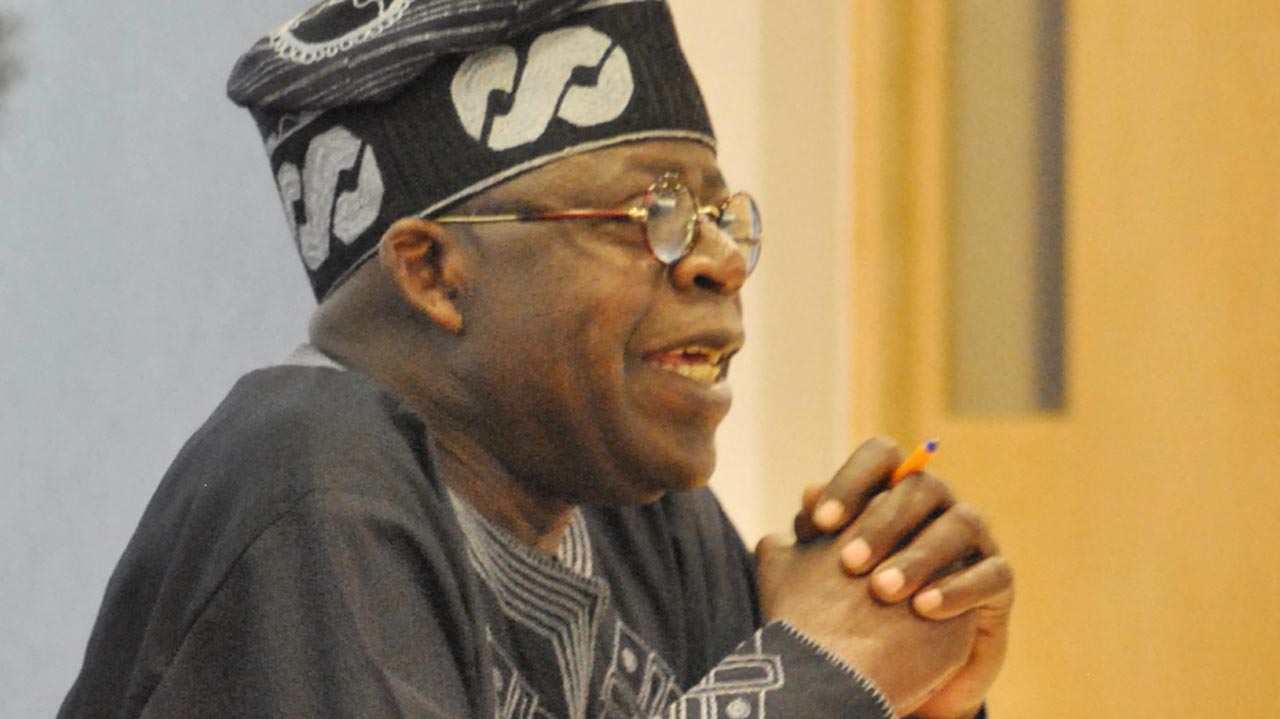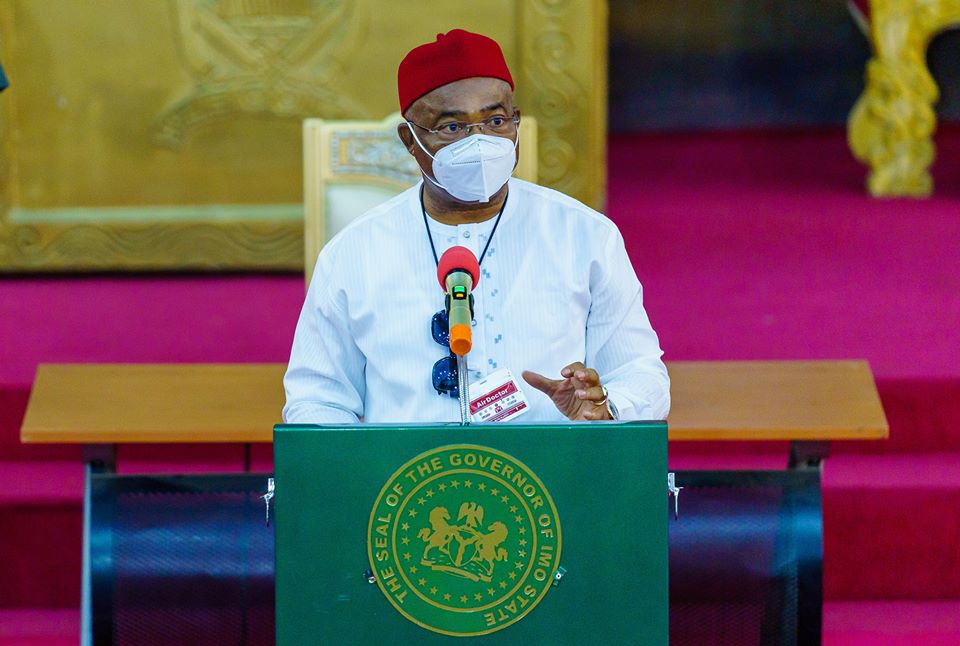The U.S. Agency for International Development (USAID) revealed that 85 million Nigerians still lack access to electricity. Despite this, USAID has mobilized about $4.5 million for on-grid and off-grid power initiatives in the country.
Melissa Jones, USAID’s Mission Director, shared this information at the “Powering Nigeria: Mobilizing Private Capital” conference in Lagos. Organized by Chapel Hill Denham in collaboration with USAID, Prosper Africa, and Power Africa, the event emphasized the private sector’s crucial role in financing infrastructure development. The conference attracted domestic investors and private sector companies managing over N20 trillion in institutional capital and investment expertise in power, renewable energy, agriculture, and water, sanitation, and hygiene sectors.
Jones highlighted the significant impact of Nigeria’s electricity deficit on economic growth, stating, “With over 85 million citizens lacking access to electricity, Nigeria has the highest number of people living without electrical power in the world. This lack of access directly impacts Nigeria’s ability to achieve meaningful growth as a lack of reliable electricity limits productivity and restricts economic expansion.”
She added, “USAID, through the Power Africa and Prosper Africa Initiatives, along with Chapel Hill Denham, are tackling these challenges by mobilizing investment in Nigeria’s electricity supply industry. To date, the partnership has mobilized N245 billion of institutional capital into priority infrastructure projects across Nigeria, including N33 billion for renewable energy projects to provide reliable clean energy to low-income consumers.”
Bolaji Balogun, CEO of Chapel Hill Denham, expressed enthusiasm about the partnership with the U.S. government to advance the goals of Prosper Africa and Power Africa Initiatives. He stated, “Investing in infrastructure is pivotal to Nigeria’s development, accelerating the attainment of sustainable development goals, enabling sustainable prosperity, and creating jobs and opportunities for Nigerians.”
Looking ahead, Balogun emphasized the commitment to leveraging infrastructure innovations to facilitate real transactions and attract investment into the Nigerian economy, thereby generating substantial developmental impact.






2 Comments